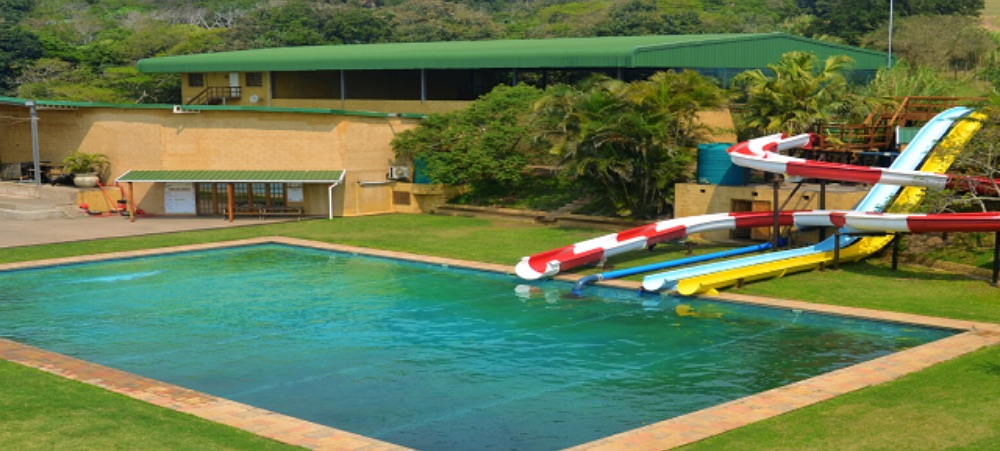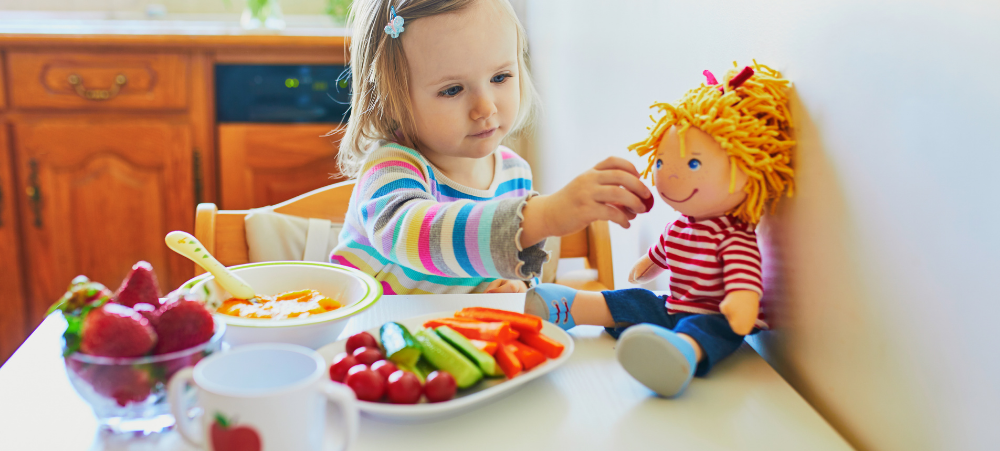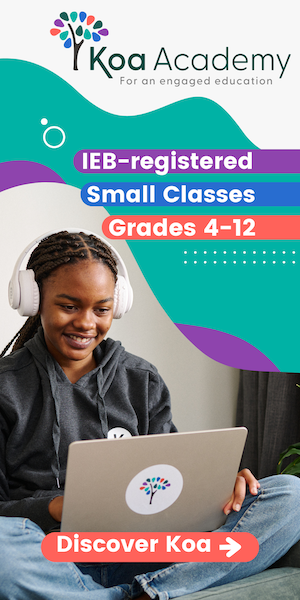Winter is the time when children are most at risk to burns. Again, now, during Lockdown families are mostly at home and parents, grandparents and adults in the family will need to take special care of the children to prevent burns and other injuries. There is a lot hotter food and drink around and generally trying to stay warm with heaters and fires. All potential risks for burns in children. Young children can be burned very quickly, and this often happens when an adult is present, so it is important to be alert. Last year, the Red Cross War Memorial Children’s Hospital alone, treated 880 children for burns, the most common (715 children) was caused by hot liquids (such as hot water, drinks and food), followed by flames (55 cases), which are caused by fires. A further 57 children were treated for touching or coming into contact with very hot surfaces such as heaters and hotplates on stoves. “Most burn injuries can be avoided. Most of the burns happen in the home, specifically the kitchen. A first step to preventing burns is to make sure that the home environment is safe. Children are not always able to know when something is dangerous, so parents can start by checking every room in the house for possible burn risks to children. In the kitchen eg making sure that hanging kettle cords are properly secured and out of a child’s reach. Kettles are a major cause of hot water burns, which is traumatic and can be debilitating for the child.” said Yolande Baker, Executive Director of ChildSafe. Here are a few safety tips to keep ourselves and our children safe while staying warm during the winter season. Kitchen area The family kitchen is a high risk area for child injuries, where hot drinks and food are prepared. Kettles need special attention and should be placed at the back of the counter, with kettle cords behind the kettle, close to the electricity socket. The kettle cord should not be left hanging over the edge of the counter top. Pulled kettle cords and fallen kettles with boiling water are the cause of up to 12 child burn admissions per month to Burns Unit. A Kettle Strap can be used to prevent pulled kettle cords. Also, we discourage holding a child while cooking. Instead, we urge you to rather move a high chair in the kitchen within reach or sight before you start or place them in a playpen. Then talk to your children so they know what is going on. It is a great way to spend time together. Matches and lighters are not toys; please place them out of children’s reach. Most hot water burns occur when toddlers grab hot tea and coffee mugs, especially when sitting on mother’s lap, or when sitting at the table. To prevent hot water burns from tea/coffee mugs, parents should not drink hot liquids and hold a child on their laps at the same time. These injuries happen in a flash and should be anticipated to be prevented. Test the temperature of food heated in microwave before feeding children. The stove and electrical hot plates are high risk areas – hands and little fingers are easily burnt if children are given access to stoves in use. Pots on the stove should have handles turned to the back at all times to prevent being pulled over. Toasters are potentially dangerous, and should only be used by adults. Recently, a 12year old boy was burnt when he stuck a knife in a toaster to release bread. Put clothes irons out of reach after use – we cannot see when the iron is hot – rather shake the creases from your washing than use an iron. Never leave children unsupervised in the kitchen. Living room Plugs should not be overloaded; heaters and open grate fires need to be guarded. Electrical burns and electrocution can occur whenever exposed wires and open plugs are accessible. To prevent electrical burns, electrical installations must follow legal guidelines. Illegal connections and exposed electricity wires can be hazardous. Bathroom Baby bath and buckets used for washing are also high risk for burns. Most toddlers enjoy bathing and may climb into the bath ahead of mother being ready for bath time. To prepare a bath, cold water should be poured into the bath first, and then hot water added to comfort level. The water temperature can be tested with an elbow to indicate safety of the water. Children should never be left unsupervised in the bath, drowning can occur in shallow water. Teach children which taps are for hot water, and which for cold. The bath, baby bath tub and buckets should be emptied immediately after use. Outside The braai area is the most common at risk area for burns. After cooking is finished, the braai fire should be put out with water. Frequent burn injuries of the feet occur from ground-level fires, which are extinguished with sand, when coals remain hot but flames have died down – now children play in the area and run over the coals without recognizing the danger. Also outside, storage of swimming pool chemicals, paraffin and paint thinners, all need lock-up space for safety. Petrol, paraffin and oil fires can be put out with sand, or a fire extinguisher. Teach your children to stop, drop and roll if their clothes have caught alight. Fireworks can be hazardous and should only be lighted in a designated controlled area under adult supervision. Finally, always use candles safely. We recommend using a recycled large glass, with dry sand and a household candle cut in half. Never leave candles burning when you go to bed, or leave the room. When there is a fire inside your home: Warn people inside the house to get out safely. Help people to get out and stay out of harm’s way. If there is a lot of smoke, crawl out below the smoke to escape the fire. Where possible,



































